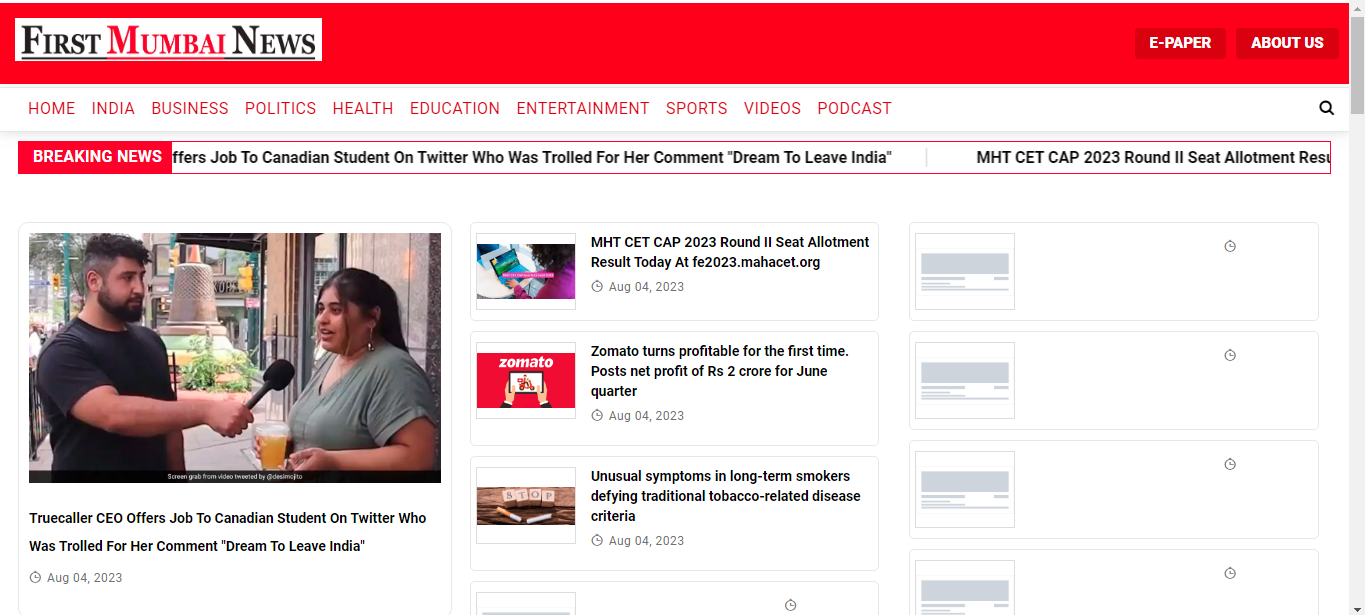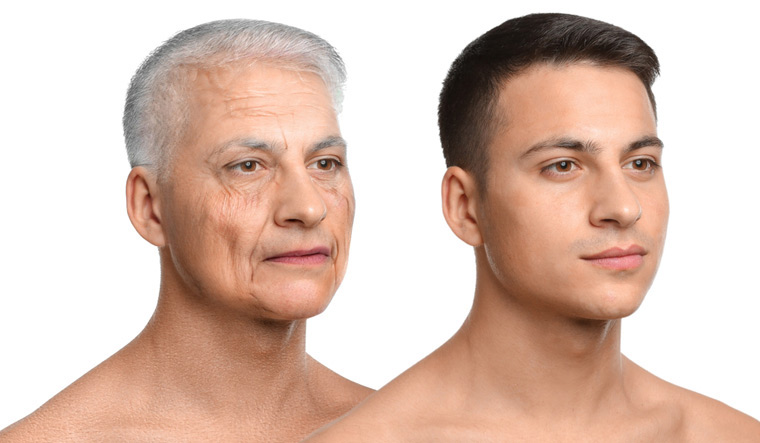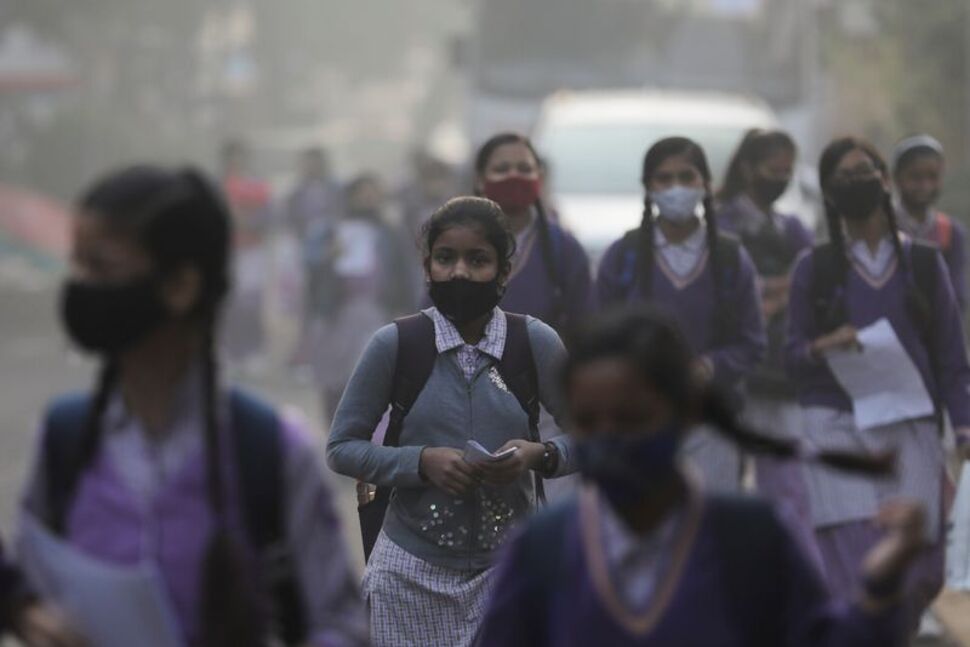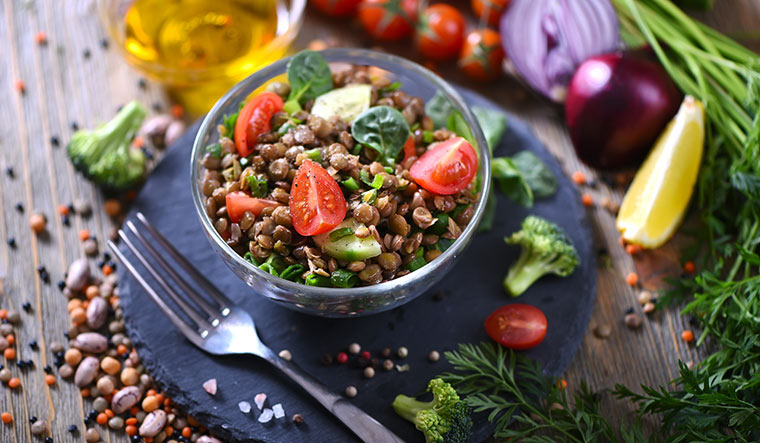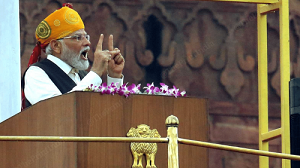
POLITICS
MoS Anupriya Patel says call for OBC quota in women’s reservation ‘not wrong’, PM ‘must be considering’
- Admin
- Sep 21, 2023
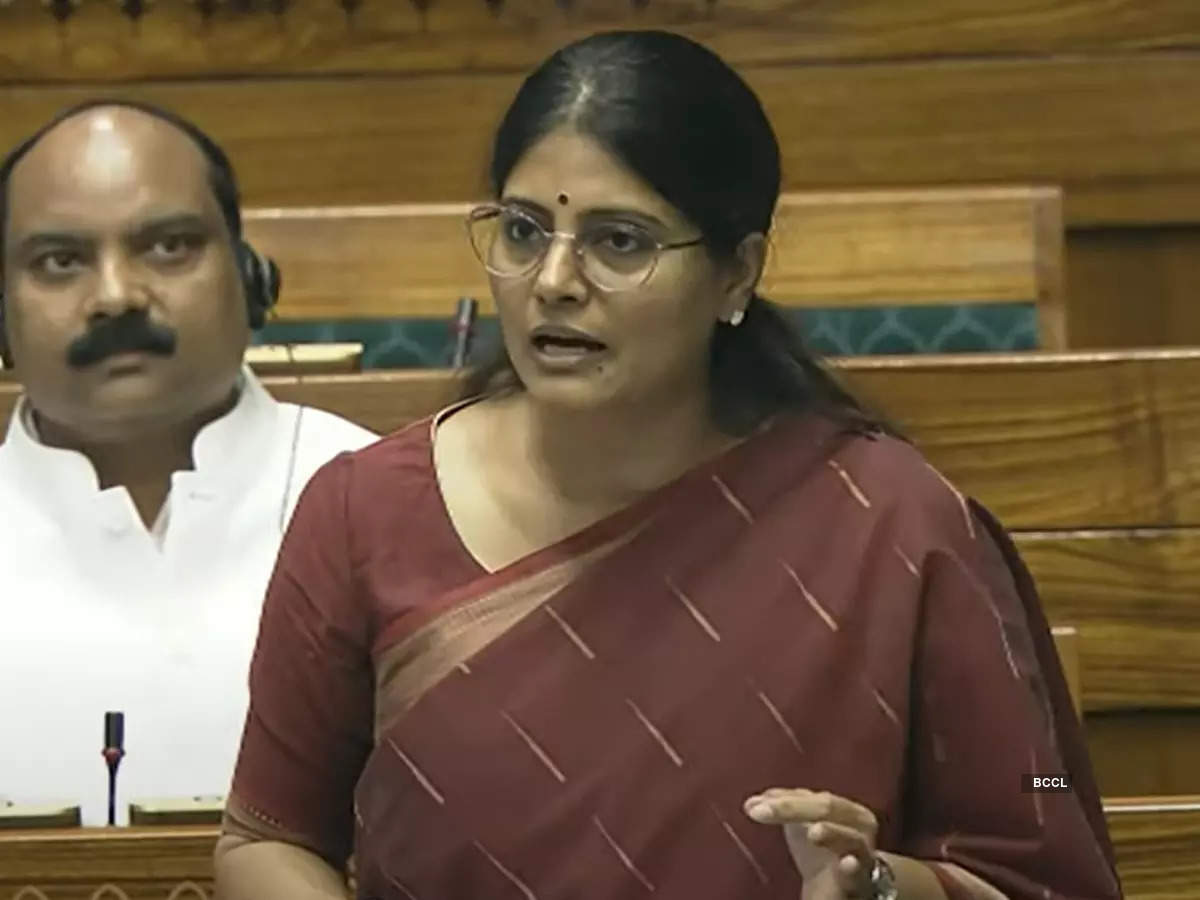
MoS Anupriya Patel says call for OBC quota in women’s reservation ‘not wrong’, PM ‘must be considering’
The Apna Dal (Sonelal) leader says Congress joining the chorus for OBC quota within women's reservation is amusing, as bill brought by UPA II 'didn't have such provision'.
New Delhi: Union minister Anupriya Patel, who leads the Apna Dal (Sonelal) that derives its support from the other backward class (OBC) community in Uttar Pradesh, said Wednesday that the Opposition’s demand to have an OBC quota in the Women’s Reservation Bill “cannot be called wrong”, stressing that Prime Minister Narendra Modi “must already be considering” ways to address this issue.
Apna Dal (Sonelal) is a constituent of the BJP-led National Democratic Alliance (NDA).
Speaking in Parliament Wednesday, Patel said that while the government will take the points flagged by the Opposition “into account”, it was also imperative to follow the process laid down by the Constitution.
The Union minister of state (MoS) for commerce and industry also said that the Congress joining the chorus for OBC quota within the overall share of quota for women was amusing, pointing out that the Bill brought by UPA II did not have any such provision.
Apart from the Congress, speakers of other Opposition parties too, including the Samajwadi Party, the Janata Dal (United), Dravida Munnetra Kazhagam, Nationalist Congress Party, Rashtriya Janata Dal and Bahujan Samaj Party, raised the demand for inclusion of quota for women belonging to OBC categories in the bill.
This demand was the principal reason behind the bill moved by the United Progressive Alliance II government getting stalled in 2010, despite its passage in the Rajya Sabha.
“I listened to the Opposition members who raised a number of important issues. Among them was separate provision of reservation for women from backward classes. This is an important issue and the demand cannot even be called wrong. Because women do not form a homogenous group, they form a heterogenous group. They come from different families, income levels, religion, caste and communities. Their literacy levels and education also differ. In our societal structure, the challenges for women from backward classes are steeper,” Patel said.
The Nari Shakti Vandan Adhiniyam, or the Women’s Reservation Bill, was introduced by the Narendra Modi government in Lok Sabha Tuesday. The bill seeks to make 33 percent reservations for women in the Lok Sabha and state assemblies, following the next census, and delimitation of constituencies based on that census, which moved opposition parties like the Congress and Aam Aadmi Party to point out that the provisions mean the reservation will come into effect only by 2029 Lok Sabha elections, or later, and to demand that the reservation be introduced for the 2024 general elections.

